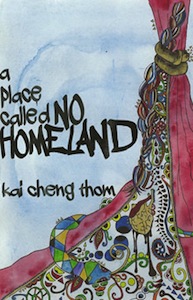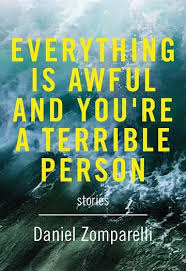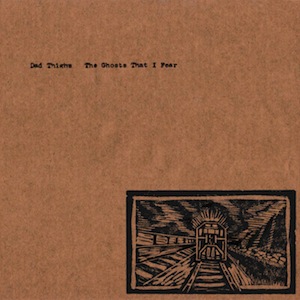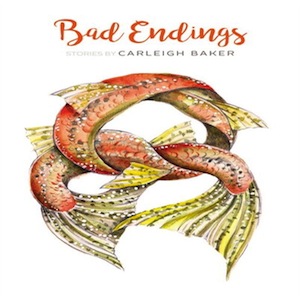a place called No Homeland by Kai Cheng Thom is a powerfully written anthology of poems depicting her interconnected mental and physical experiences as a queer Chinese immigrant in Canada. The rhythmic and lyrical nature of her art moves the reader into a space of comfort and inclusion. As Thom explores the geographies of body, mind, movement, and settlement, she traces the ways in which violence scars, but also collides with the growth of individuals. Her writing situates itself as both a place of refuge and a space of learning for people who may or may not share similar experiences.
The beat of Thom’s poetry leaves you with a craving to hear it out loud. Poems such as “Diaspora Babies” and “Between Friends” are among many of her rhythmic gems. While reading “Diaspora Babies,” for instance, I couldn’t help but add my own pace to each verse, and then wonder what the true intent was. As a reader, it is interesting to interact so strongly with a piece, because it begs for an understanding beyond one’s self. Thom’s passion is heard in each word and paints a vivid set of images. This interaction between experience and language intimately drags the reader to a place of understanding.
Storytelling is another key element of Thom’s poetry. Through dynamic and compelling coming-of-age tales, Thom illustrates the battles many face against societal institutions. “its name was the Boy Without a Penis,” for example, begins with a child’s innocent self discovery. As the poem progresses, so does the child’s life. Thom details the child’s loss of personal and cultural identity. A cohesive and poetic narrative, this story depicts how it would feel to be forced into the margins of society.
What a place called No Homeland presents beyond waves of intense emotion, is the questioning of the things Canadians choose not to consider. It prompts you to stare, and think about the imperfections of our sugar-coated nation. One thing becomes clear: it is only easy to be complacent within the structures of society when you fit in neatly. Thom’s anthology highlights the reasons structural violence needs recognition and deconstruction






